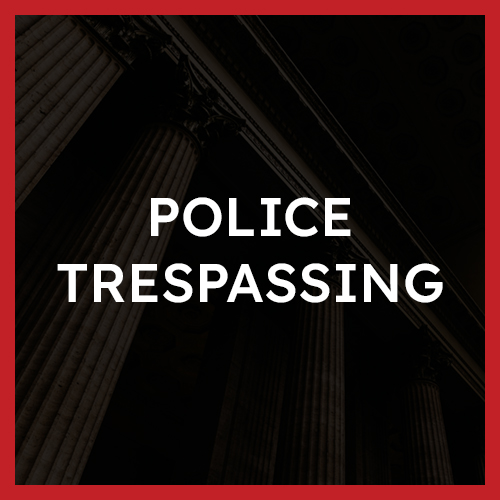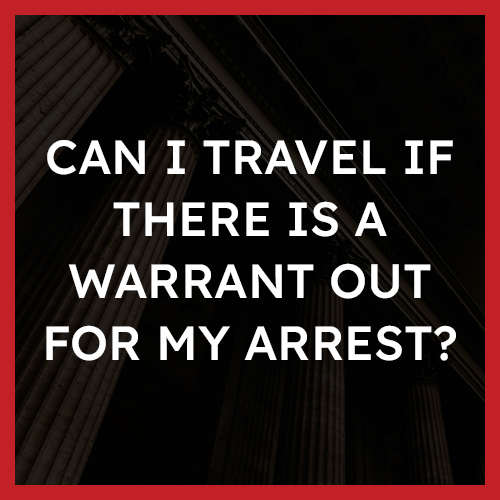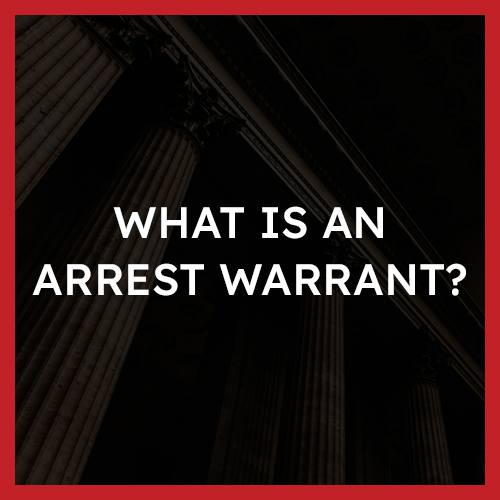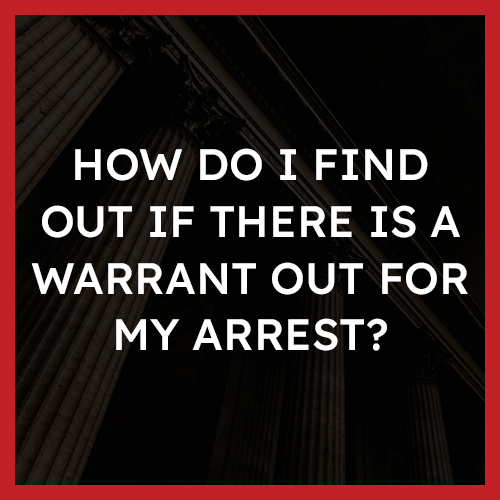Police Trespassing: Charter Rights and Private Property
 As you may know, ‘Charter rights’ refer to the rights and protections you are guaranteed under Canada’s Charter of Rights and Freedoms.
As you may know, ‘Charter rights’ refer to the rights and protections you are guaranteed under Canada’s Charter of Rights and Freedoms.
In criminal law, the most important Charter rights are found in sections 7 to 14, collectively called your ‘legal rights.’ They are called legal rights because they apply specifically to legal proceedings and interactions with the police. One of these Charter rights, section 8, states that everyone is protected from an unreasonable search and seizure. This applies both to your person when the police try and search you, as well as your property.
The 2019 Supreme Court decision in the case of R v Le is the most recent landmark case regarding police and private property/detention. In that case, a group of men, including Mr. Le, were standing in a backyard that was known to police as an area where criminals and drug dealers hang out. The police, who were nearby on an unrelated matter, entered the backyard without permission or a warrant and began to question the men. Mr. Le had a bag with him, and after police began to question him as to the bag’s contents, he fled the scene. He was later apprehended, and the police found drugs and a gun in his bag. Mr. Le took his case to the Supreme Court arguing that both the police entering the backyard and detaining Mr. Le were illegal.
The Supreme Court ruled in Mr. Le’s favour, stating that both the entry into the backyard and detention of Mr. Le was illegal. As such, the evidence gathered from Mr. Le’s bag was excluded.
Can police enter private property?
Police can enter private property under certain circumstances, much like any other citizen. Generally speaking, to enter private property, the police would need to be authorized by the property owner, or they would need a search warrant.
When police do not have a search warrant, and they do not have authorization from the owner to enter the property, they must have reason to believe that a crime is being committed. If none of these conditions have been met, the police are treated as trespassers.
In the Le decision, the court ruled that the police were trespassers when they entered the backyard Mr. Le was within. The simple fact that criminals hung out in the same backyard previously was not a sufficient reason for the police to enter the backyard.
Can police detain me without a reason?
Section 9, another one of the Charter’s legal rights, states that everyone has the right not to be arbitrarily detained or imprisoned. Being ‘detained’ is different than being arrested, but similar in some ways. It means you have not been officially placed under arrest, but there are still physical/psychological barriers to prevent you from leaving. The police have limited powers when you are detained as compared to when you are arrested.
Nevertheless, as stated in section 9, you have a right against being detained arbitrarily. You can ask the police if you are being detained, but sometimes it is more difficult to tell. The law considers this subjectively, meaning that they look at things from your point of view. The law looks to see whether you felt that you had to comply or that you were not free to go, and the courts are also permitted to look at background factors in your life. In the R v Le case, the court considered the fact that Mr. Le, a racialized young man, as relevant, because minority groups and/or people in low-income areas often have more negative experiences with the police as compared to the ‘average’ person. In other words, if you have a reasonably held belief that you must comply, or that you are not free to go as you please, the court may find that you were detained. This is true even if that was not the intention of the police, and you were in fact free to leave.
If the police are speaking to you and you feel that you might be detained, you can ask the police if you are free to go. If they say yes, you can be on your way, but if they say no, ask them why, and tell them you want to speak to a lawyer before you say anything else.
What are the reasons for detention?
As stated above, police do have some powers when you are detained, but these fall well short of the police’s powers when you are arrested. Generally, this would be referred to as an ‘investigative detention,’ and in order to justify it is lawful and legal, the police must be able to show that they had reasonable suspicion that you (or whoever is being detained) had a connection to the crime they are investigating. A ‘hunch’ or ‘gut feeling’ on the part of the police is not enough to justify a detention.
In R v Le, the police tried to argue they were holding Mr. Le in investigative detention when speaking with him in the backyard, and when they asked to look inside his bag. However, the court held that there was no connection or link between Mr. Le and a crime the police were investigating, making the detention illegal.
Can police search me without a reason?
Just as police must have a reason to enter your property, they also need a valid reason to search your person. Generally, the police would need a search warrant, but they can also search you when you are being placed under arrest (called a search incident to arrest). This power is limited in that they must be conducting the search for a valid reason, such as to gather evidence related to the arrest, to prevent the destruction of evidence, or for their own safety. Depending on what you are being arrested for, this power may be expanded.
If you are not being arrested or the police do not have a warrant, the police also have a limited power to search you incident to an investigative detention. This power is also quite limited and can usually only be done for the officer’s safety. Further, it is usually limited to a pat-down search.
In R v Le, the court ruled that the police did not have a valid reason to ask to search Mr. Le’s bag.
What happens if my Charter rights are violated?
If the police violate your Charter rights, your lawyer can attempt to have the evidence gathered as a result of the Charter breach excluded. This means that, if successful, the prosecutor would not be able to use that evidence in your trial.
However, the simple fact that the police violated your rights does not automatically mean that the evidence will be excluded. The court will look at several factors when deciding whether or not the evidence will be admissible. These factors usually include the public interest, and the seriousness of the breach committed by police. Generally speaking, the more egregious the breach, the more likely the court is to exclude the evidence. However, if the charges are more serious, the courts may be more hesitant to exclude the evidence. If you believe your Charter rights may have been violated, you should contact a lawyer immediately.
Do I have to speak to the police?
There are a few things you must tell the police in some circumstances. As you may know, if you have been pulled over for a traffic stop, you may be required to provide them with your driver’s license and registration. When you are arrested, you must provide the police with your name, date of birth, and address.
Other than this information, however, you are generally under no obligation to speak with the police in Canada. Even if the police tell you that you are not a suspect, or that they simply need your help in solving a crime, they may be gathering information to use against you in the future. If the police want to speak with you, it is generally best to contact a lawyer and ask for their advice before proceeding.
What do I do if I am arrested?
If you are placed under arrest by the police, try to remain calm. When you are arrested, the police are supposed to tell you what you are being charged with, and they are also supposed to read you your Charter rights. No matter what you are being charged with, the best way to move forward is to tell them you want to speak with a lawyer immediately. People are often tempted to try and tell their side of the story when they are arrested, in the hopes that the police will let them go without charging them. This will only work against you, as the police will likely try and use this information against you in the future. If you are arrested, do not try and explain your side of the story, give them an excuse, or any other information. Tell them you want to speak with a lawyer and say nothing else.
If you have been arrested, you should contact a criminal defence lawyer immediately. You can book a free consultation with Strategic Criminal Defence online or over the phone to
About The Author
Ask A Question
We endeavor to respond to questions within 24 hours. If your matter is urgent, please call our office or submit a request for a free consultation.







